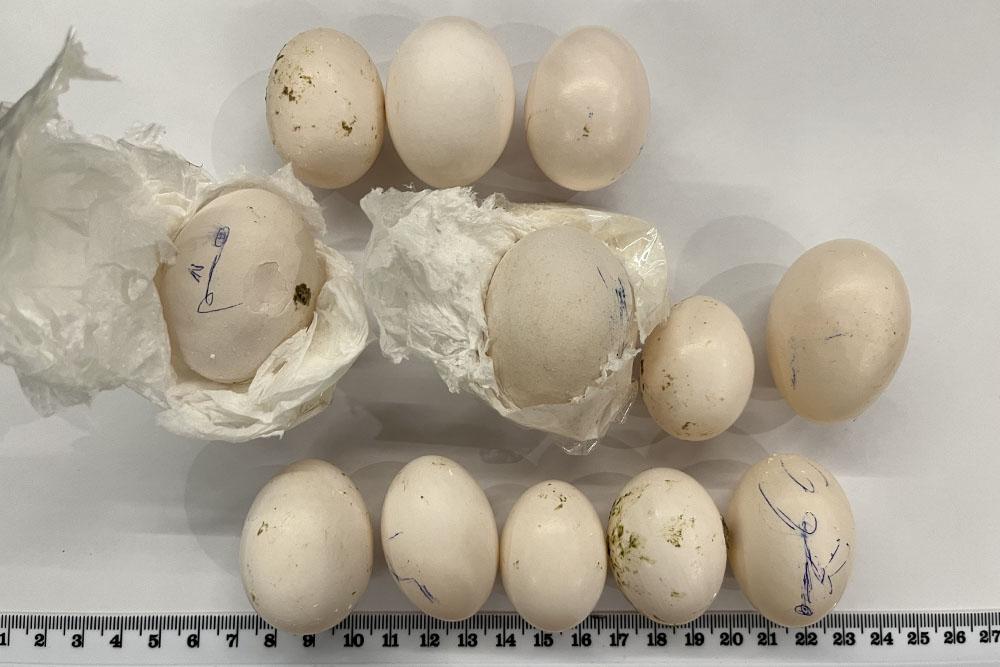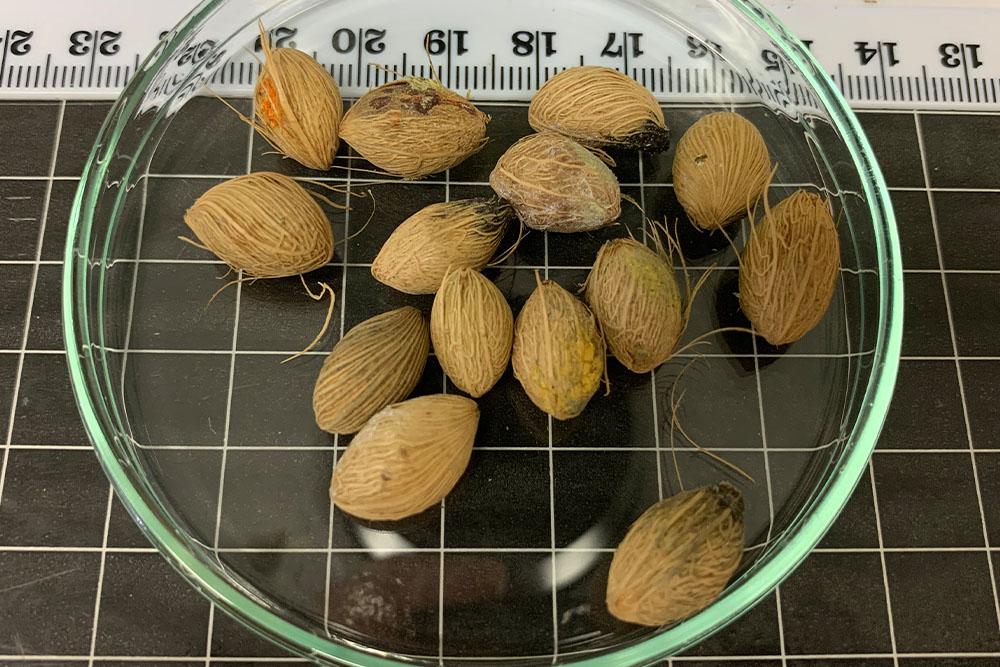Dr Darryl Hardie
Dr Darryl Hardie has received the 2022 Dr David Banks Biosecurity Lifetime Achievement Award.
Dr Hardie has made a significant contribution to national plant biosecurity during his 47-year career at the Department of Primary Industries and Regional Development, Western Australia. Dr Hardie applies his knowledge of plant biosecurity, including entomology and surveillance, to achieve positive biosecurity outcomes. These include establishing a national plant pest surveillance committee, developing 2 national surveillance tools, eliminating Queensland fruit fly from Western Australia 7 times, improving grain-grower knowledge and use of integrated pest management, and educating industry and the community about biosecurity.
In 1997 Dr Hardie worked with the former Australian Quarantine and Inspection Service to establish a pilot early warning program for spongy moths at seaports across Western Australia. Due to the success of this program, the Department of Agriculture, Fisheries and Forestry (DAFF) expanded it into the National Plant Health Surveillance Program. The program aims for early detection of high-priority exotic plant pests and diseases in elevated risk urban and peri-urban areas.
In 2010 Dr Hardie transformed the National Surveillance Reference Group (SRG) into the Subcommittee on National Plant Health Surveillance (SNPHS). SNPHS provides strategic policy, technical and regulatory advice on plant biosecurity surveillance to the Plant Health Committee. As Chair of SNPHS from 2010 to 2018, Dr Hardie guided SNPHS to deliver significant national biosecurity outcomes, including the initial version of the National Plant Biosecurity Surveillance Strategy, identification of national priority plant pests and development of the General Surveillance Framework.
Dr Hardie championed the delivery of AUSPestCheck, which is the national plant pest and disease surveillance collation system, and MyPestGuide, the Plant Health Committee’s preferred tool for national general surveillance for plant pests and diseases. These tools work together to gather Australian plant pest and disease surveillance reports into one location. They help surveillance practitioners decrease the likelihood of pest incursions and prepare to manage an incursion. The tools’ databases provide a valuable source of reports that demonstrate Australia’s freedom from certain exotic pests. The 2021 detection of polyphagous shot-hole borer in Fremantle, Western Australia is a recent example of the value of MyPestGuide in surveillance.
Dr Hardie is an ambassador for plant and pest biosecurity. He has mentored 3 PhD students and presented on biosecurity in numerous countries. He makes complex scientific information accessible to everyone. He is an entertaining public speaker and uses his regular guest appearances on the ABC as Dr Bug-a-Lugs to promote biosecurity awareness.
Dr Hardie was nominated by Dr Rosalie McCauley from the Department of Primary Industries and Regional Development, Western Australia.
Watch a video about their work
Introduction
This is the accessible text transcript of a 2022 Australian Biosecurity Awards winner video featuring Dr Darryl Hardie.
Transcript
I will start with a special thanks to a valued work colleague, Dr Rosalie McCauley, my proponent for this award. This award is a much-appreciated recognition of a life's work. My biosecurity story began in 1975 when I joined the now DPIRD. I enjoy working with others to develop biosecurity systems, whether as a member of the biosecurity team at DPIRD, with industry in other countries, or with companies including the Barrow Island Chevron Project.
Highlights for me include working with Richard Johnson and his surveillance officers for over 30 years, developing fruit fly freedom protocols with DAFF, Plant Health Australia and especially Rod Turner.
I have had some great interactions with the USDA-ARS, including with doctors Stephen Clement and the late Roger Vargas. Working to establish the Plant Biosecurity CRC with Simon McKirdy and his team was a very rewarding experience. My time as chair of SNIPS, the Subcommittee for National Plant Health Surveillance, was a real journey. Working with members and with long term support from Doctors Sharon Taylor and Ranjith Subasinghe in driving the development of general surveillance and data standards was a real achievement.
A big thank you to the media for support, especially Sabrina Hahn at ABC 720 and Faye and Rae at Curtin Radio and Trevor Cochrane’s Garden Gurus. Finally, thanks to Rob Emery for 40 years of collaboration, especially with the development of the My Pest Guide app and it becoming a thing.
Going forward, we need more biosecurity, science and engagement because good biosecurity can only be achieved if it is accepted by all Australians as a shared responsibility. Thank you once again.




